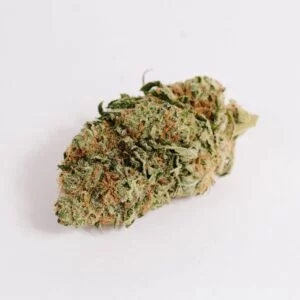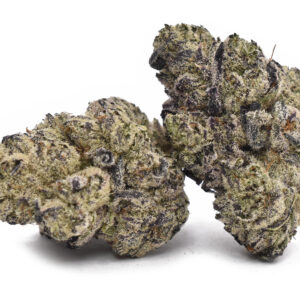Urine testing for cannabis is very common in many countries. Blood testing, however, is a more serious manner and is usually administered if you have a run-in with the law. Blood tests are slowly gaining traction as a testing tool for intoxication for weed consumption. At this point, you would want to know: how long does weed stay in the blood?
Blood tests are done almost exclusively in roadside stops. If you are asked to pull over on suspicion of driving under the influence, the police officer will do some sobriety tests followed by a blood test. Upon smoking weed, it takes about 10 minutes for it to reach peak levels in the blood. Afterward, it will filter out in the circulatory level via the liver where it will be broken down and stored in fat cells.
Technically speaking, it can take six hours post-inhalation for the marijuana to reach testable levels in the blood; it can also take as little as 10 minutes. This will depend on the person, their cannabis history, and their body. For some heavy smokers, it might even stick around in measurable levels for a few days. Mostly, though, casual smokers can expect for the levels to drop in less than 24 hours.
There are so many contributing factors as to how long cannabis sticks around in the blood. It should be noted that the results of blood tests do not always offer an accurate way to measure intoxication. In fact, there are actually a few problems associated with blood testing. This is the reason why weed blood tests remain so controversial until now.
Is there a way for you to detoxify before a blood test? Well, maybe not, considering that you will in the custody of a police officer for most of the time. Ideally, though, there are actually a few detox drinks available in the market for that very purpose. However, light smokers can already test negative for cannabis in less than a day without the need for a detox.
Detoxifying might help you get cleaned up for urine tests, but they are likely a waste of money for those who are facing a scheduled blood test for marijuana. Still, the easiest way for someone to pass this test is to strategize accordingly. Chronic daily smokers should take a least a week off prior, while light consumers can do well with a few days of break.





